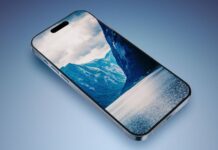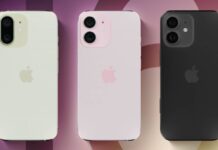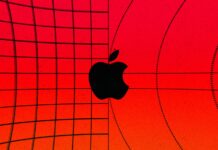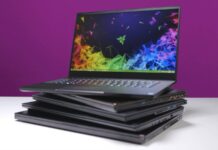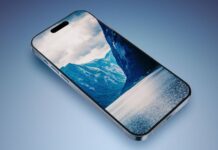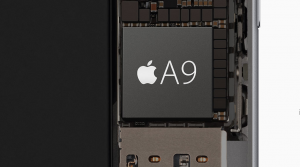 The government of Taiwan will initiate a verification procedure a the differences between the autonomy of the iPhone 6S and iPhone 6S Plus terminals with a TSMC chip and a Samsung chip to see if all the information regarding the differences between them is really true or not.
The government of Taiwan will initiate a verification procedure a the differences between the autonomy of the iPhone 6S and iPhone 6S Plus terminals with a TSMC chip and a Samsung chip to see if all the information regarding the differences between them is really true or not.
The director general of Taiwan's National Consumer Protection Agency asked the National Communications Commission to test the power consumption of TSMC and Samsung's A9 chips from iPhone 6S to see what the differences are.
If this government agency will discover the fact that between the terminals iPhone 6S si 6S iPhone Plus with the two chips there are major differences in terms of energy consumption and autonomy, then drastic measures could be taken against Apple.
More precisely, the Taiwanese government could decide to withdraw the iPhone 6S and iPhone 6S Plus terminals from the market, or it could ask Apple to withdraw them by itself, or to sell the terminals with Samsung chip at a reduced price and grant certain amounts of money to those who have already bought them.
Wu Cheng-hsueh, deputy director-general of the department, told the press that he has asked the National Communication Commission (NCC) to test the power consumption of Apple Inc.'s A9 chips supplied by Samsung Electronics Co. and Taiwan Semiconductor Manufacturing Co. (TSMC). If it is found that there is a difference in power consumption between the chips supplied by Samsung and TSMC, to the point where the quality of the device is affected, the NCC would be obliged to protect consumers' interests by seeking a recall or a discount , Wu said.
Apple stated that between iPhone 6S terminals with Samsung and TSMC chip there is a 2% - 3% autonomy difference, but various tests revealed that the difference in autonomy between iPhone 6S with Samsung chip and TSMC would be up to 2 hours, so the truth is somewhere in the middle.
It was perfectly normal for Apple not to admit that there are major differences between these terminals in terms of battery autonomy, and of course various tests will confirm this for it, but real life use will reveal something else entirely.
That said, it will be interesting to see what the Taiwan government discovers, but my opinion is that there is little chance that they will prove the major differences between the terminals.


